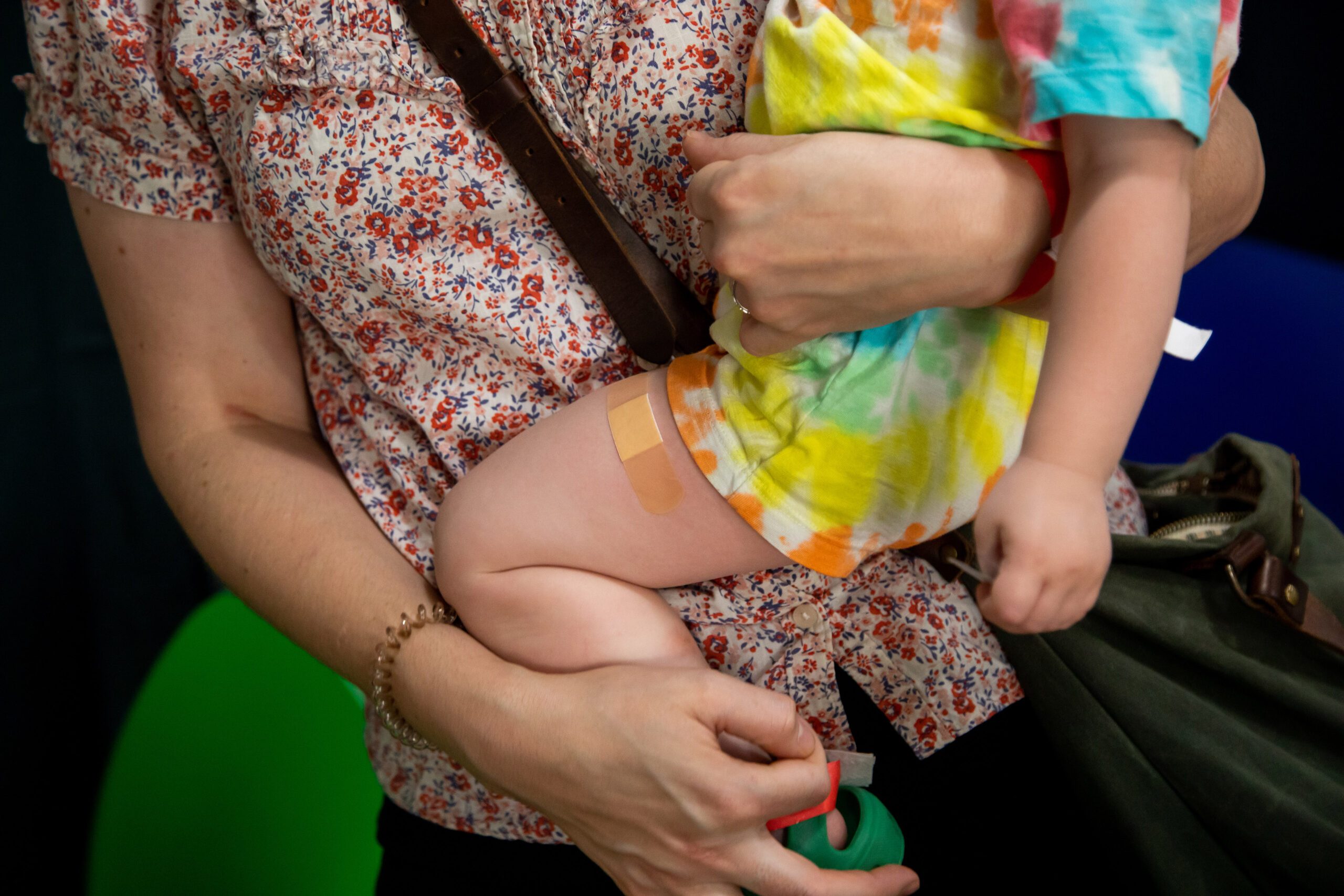By John Muscedere and Alex Mihailidis
The federal government often talks about fostering an ‘innovation economy’ – and for good reason. The application of technological innovations and entrepreneurship have been at the forefront of economic growth in the globalized economy for some time already, and that only promises to accelerate in the coming years.
Canada, of course, should not be left at the sidelines cheering on critical innovations but pioneering them. And it’s a balanced research environment that will get us there.
History shows it’s not so easy to back research ‘winners’ over ‘losers.’ It’s better instead to create a healthy research environment where basic foundational research thrives and leads to multiple commercialization opportunities. The innovations which then best meet societal demands are the ones which go on to be successful and adopted.
It’s a robust ecosystem, not a horse race, in other words. And every stage of the research cycle should be bolstered and encouraged.
Our governments at every level should be embracing a ‘patient investor’ approach to create a healthy pipeline from rich foundational research toward commercialization. Such a balanced approach requires robust funding for post-secondary research, like the recent announcement through the Canada First Research Excellence Fund. Investments like this will create the essential foundation for the ‘innovation economy’ — keeping Canada competitive both now and into the future.
This is why we need sustained investment in aging research.
Canada is rapidly approaching the status of a ‘super-aged’ society; by 2035, one in four Canadians will be older than 65 years of age. Overwhelmingly, most Canadians want to age in place, in their own homes. When surveyed, more than 92 per cent of Canadians reported that they support government investments in programs that enable healthy aging (Nanos, 2021).
Unfortunately, this contrasts greatly with the reality that we have not adequately invested in healthy aging in Canada, and our approach has been to rely on acute care institutions and residential facilities to take care of Canadians as they age and require assistance.
Already we can’t keep up with demand for long-term care facilities or homecare need and this will only get worse as our society ages. So, what needs to happen?
We clearly need to embrace new ways of healthy aging, and we need new government funding and policies to achieve it. This is part of the innovation economy too.
How can we modernize Canada’s approach to aging? We need both basic research and commercialization opportunities to get there.
We speak from experience. Our organizations, AGE-WELL and the Canadian Frailty Network, have created Healthy Aging Canada as a new research collaboration to leverage the expertise and infrastructure of our organizations to lead evidence-based social, health care and technology research that will improve the healthy aging experience of older Canadians and their care partners.
We are combining our research gleaned from clinical practice and behaviour change research from across the community with developing and validating technology-based solutions for daily living and caregiving across settings. It’s a marriage of basic research and application possibilities.
While government funding has kept pace with commercialization, we need to ensure that healthy-aging research is given similar priority. Funding research is a crucial piece of a successful innovation pipeline to modernize Canada’s approach to aging. It’s going to be how Canada tackles our ‘super-aged’ society ‘problem’ and makes it a benefit.
A lack of sustained funding that supports healthy aging puts at risk Canada’s ability to address the indisputable and urgent needs of our aging population and related infrastructure.
***
About John Muscedere and Alex Mihailidis
Dr. John Muscedere is CEO of Canadian Frailty Network and Professor of Critical Care Medicine, Queen’s University.
Dr. Alex Mihailidis is CEO of AGE-WELL and the Barbara G. Stymiest Research Chair in Rehabilitation Technology, University of Toronto and KITE Research Institute at University Health Network.
The two organizations work in partnership on Healthy Aging Canada.
—
This post was previously published on quoimedia.com and is republished here under a Creative Commons license.
***
You Might Also Like These From The Good Men Project
 Compliments Men Want to Hear More Often
Compliments Men Want to Hear More Often  Relationships Aren’t Easy, But They’re Worth It
Relationships Aren’t Easy, But They’re Worth It  The One Thing Men Want More Than Sex
The One Thing Men Want More Than Sex  ..A Man’s Kiss Tells You Everything
..A Man’s Kiss Tells You Everything Join The Good Men Project as a Premium Member today.
All Premium Members get to view The Good Men Project with NO ADS.
A $50 annual membership gives you an all access pass. You can be a part of every call, group, class and community.
A $25 annual membership gives you access to one class, one Social Interest group and our online communities.
A $12 annual membership gives you access to our Friday calls with the publisher, our online community.
Register New Account
Log in if you wish to renew an existing subscription.
Username
First Name
Last Name
Password
Password Again
Choose your subscription level
- Yearly - $50.00 - 1 Year
- Monthly - $6.99 - 1 Month
Credit / Debit Card PayPal Choose Your Payment Method
Auto Renew
Subscribe to The Good Men Project Daily Newsletter By completing this registration form, you are also agreeing to our Terms of Service which can be found here.Need more info? A complete list of benefits is here.
—
Photo credit: iStock
The post We Need a Balanced Research Environment to Foster a Real ‘Innovation Economy’ appeared first on The Good Men Project.
Original Article










